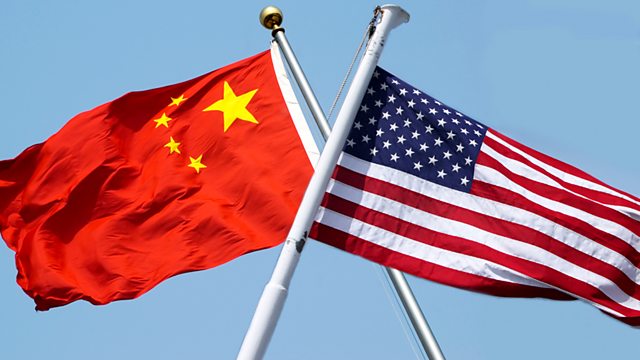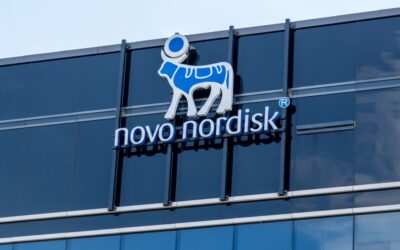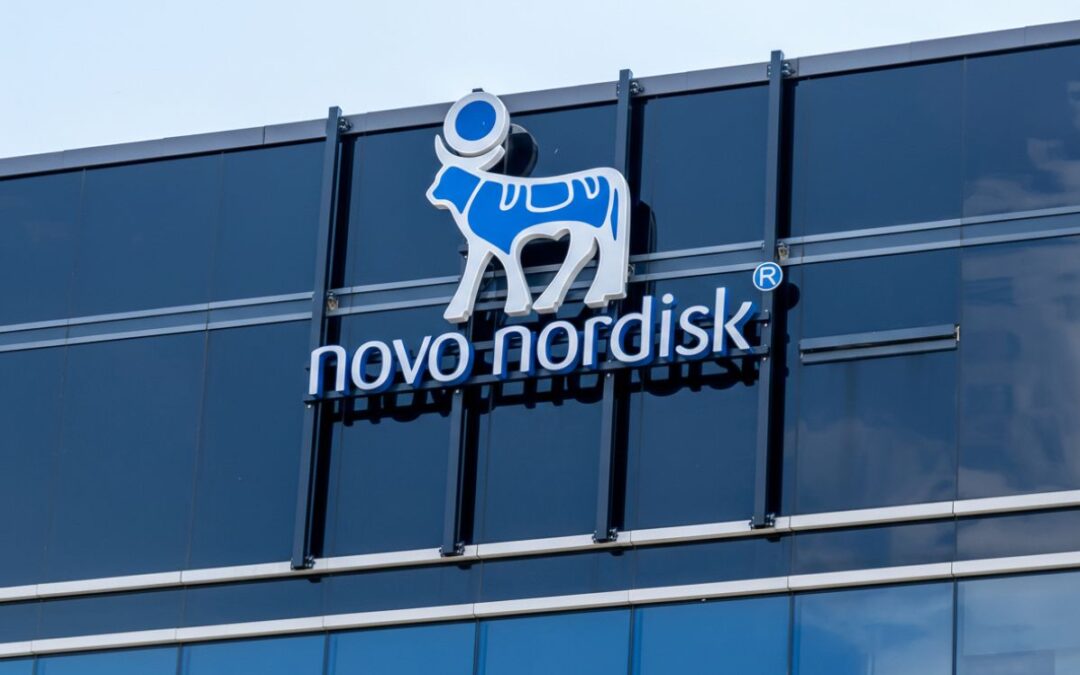The Chinese biotechnology sector continues to accelerate, signing high-value deals and expanding its global footprint even as the United States prepares new restrictions on collaborations and funding. Despite growing geopolitical tensions, China’s biopharma industry is proving resilient, innovative and increasingly central to the global life sciences market.
Deal-making surges despite geopolitical headwinds
In recent months, Chinese drug makers have executed some of their largest international transactions to date. Innovent Biologics recently secured an upfront payment of US $1.2 billion from Takeda Pharmaceutical Company for rights to two cancer antibodies, along with a potential US $10 billion in milestone payments. According to a Jefferies report, China accounted for 32 per cent of global out-licensing deal value in biotech during the first quarter of 2025, up from 21 per cent in 2024 and 16 per cent in 2022.
These figures underscore how Chinese biotechnology firms have moved beyond their domestic market to become major global partners and competitors. Many are now licensing assets to multinational pharmaceutical companies, leading late-stage clinical programmes and expanding manufacturing capacity for biologics and cell therapies.
Driving factors behind China’s biotech momentum
China’s biotech boom has been driven by scientific advances, regulatory reform and capital investment. A PwC analysis notes that China has shifted from being a “watch-market” to a central pillar of global pharmaceutical innovation, with a growing share of new molecular entities now originating in Chinese pipelines.
Reforms by the National Medical Products Administration have streamlined approvals and encouraged global clinical trial participation, while government initiatives have prioritised biotechnology as a national strategic sector. Domestic venture investment has also surged, supporting early-stage innovation and reducing reliance on overseas capital.
U.S. warning signals and tightening oversight
While Chinese biotech continues to grow, U.S. policymakers have adopted a more cautious stance. A U.S. Congressional Commission warned earlier this year that China is “dangerously close” to overtaking the United States in biotechnology innovation. In response, lawmakers have introduced the BIOSECURE Act, which would limit federal contracts with biotechnology firms linked to countries designated as foreign adversaries.
The U.S. Food and Drug Administration has also indicated closer scrutiny of drugs developed in China that are seeking American approval. At the same time, a Reuters survey found that nearly 80 per cent of U.S. biotech firms currently maintain contracts or partnerships with Chinese companies—underscoring how deeply integrated the two ecosystems have become.
Chinese industry responds with strategic adaptation
Rather than retreating, Chinese biotech firms are adjusting their global strategies. Many are deepening collaborations with non-U.S. partners, expanding across Europe and Asia, and strengthening domestic research and manufacturing capacity. Others are listing on Hong Kong and mainland exchanges to reduce dependence on U.S. capital markets.
Analysts suggest that these shifts could ultimately make Chinese biotech firms more resilient. If U.S. restrictions limit cross-border collaboration, Chinese companies may consolidate domestic innovation pipelines and expand partnerships with European, Middle Eastern and emerging-market investors instead.
Global implications for life sciences competition
The implications of China’s biotech expansion are far-reaching:
- For U.S. and European pharma companies: competition for innovative molecules and partnerships is intensifying as Chinese firms develop global-standard assets.
- For global supply chains: China’s capacity for biologics manufacturing is growing rapidly, potentially reshaping global production geography.
- For investors: strong domestic and regional demand could make China one of the world’s most attractive but politically sensitive biotech markets.
- For patients worldwide: the rise of Chinese biotech may accelerate access to therapies, though regulatory divergence could delay global approvals.
Challenges and caution flags
Despite its momentum, China’s biotech sector faces several risks. Western regulators continue to express concerns about data transparency, intellectual property protection and compliance with international standards. In addition, if the BIOSECURE Act and related measures pass in their current form, many U.S.–China collaborations could be curtailed.
Some analysts also point to potential vulnerabilities in China’s domestic economy and capital markets, which could affect funding flows into early-stage biotech ventures. Nevertheless, few doubt the trajectory: Chinese biotech is moving fast, with innovation capacity that rivals the West in speed and ambition.
What Next?
For now, China’s biotech industry shows no sign of slowing. Even as Washington debates new rules and restrictions, Chinese companies are signing record licensing deals, scaling advanced manufacturing and launching globally competitive drug candidates.
The balance between collaboration and competition will define the next decade of biotechnology. Whether the U.S. seeks to contain China’s rise or engage selectively, one fact is clear: China is no longer a follower in life sciences. It is an increasingly equal player—one reshaping the future of global healthcare innovation.













